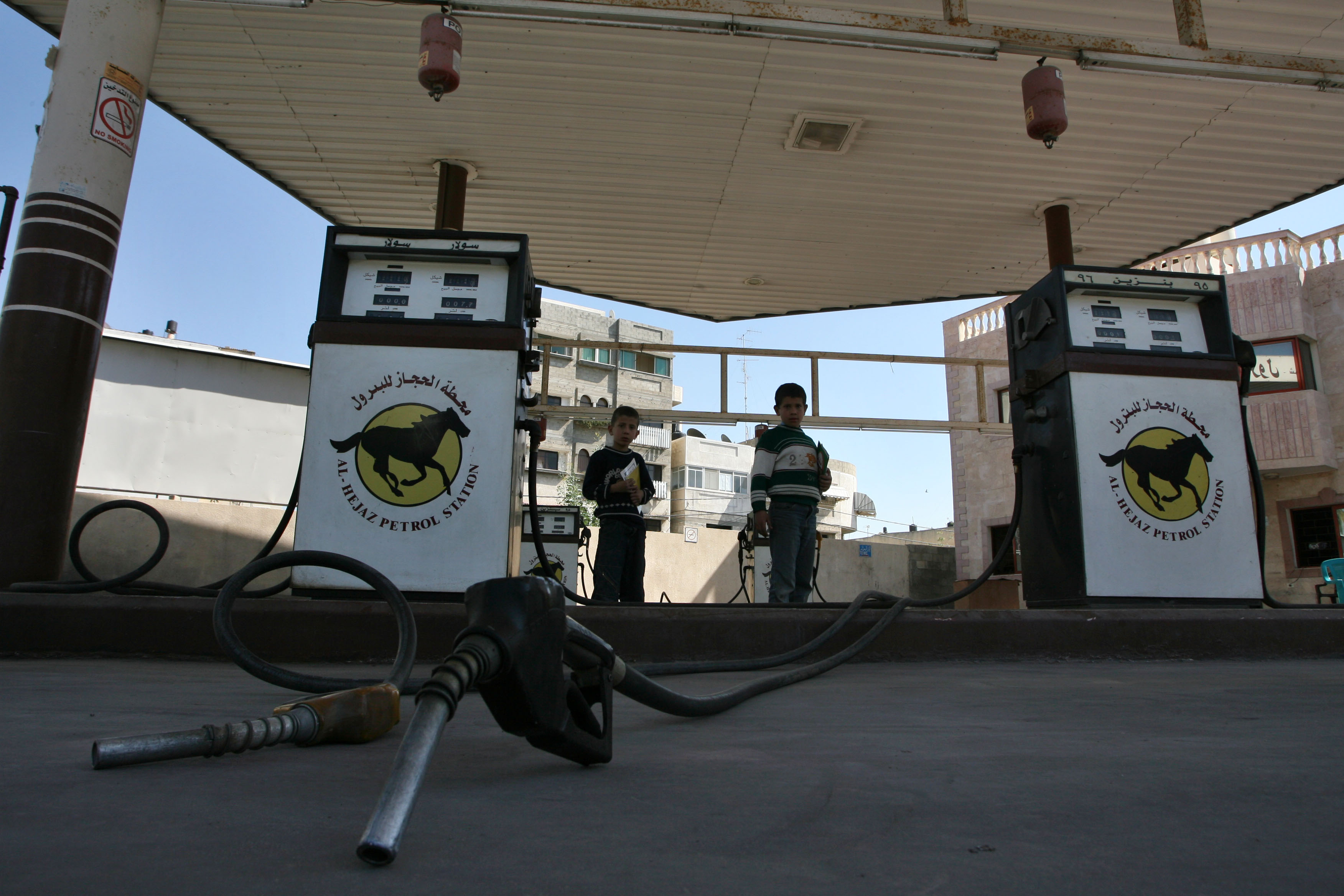The international community has failed to fulfil any of the goals it set itself regarding the Middle East peace process and has therefore made little progress in improving the lives and humanitarian situation of Palestinians, aid agencies said in a report on 25 September.
On some key issues, such as Israeli settlements in the West Bank, freedom of movement for Palestinians and improvement of the humanitarian situation in the Gaza Strip, the report by 21 NGOs said the Middle East Quartet - comprising the US, EU, Russia and UN – had failed altogether.
The agencies, including CARE International, Oxfam and Save the Children, said Israeli settlement expansion has continued since the Annapolis peace process was launched last year, with consequences for the Palestinians' humanitarian situation, as they suffer from tighter restrictions on movement and loss of agricultural land.
"Failure to attain progress in this area constitutes a real threat to the prospects of peace for Palestinians and Israelis," the agencies said in a statement.
"The only sustainable solution to the crisis is a comprehensive peace settlement between Israelis and Palestinians based on international law," they emphasised.
The document, The Middle East Quartet: A Progress Report, noted that the international group, represented by Tony Blair, had at best achieved partial successes on issues such as security reform, donor pledges to the Palestinian Authority and private sector growth.
The report indicated that Gaza has been largely left out of the process.
"The 1.4 million citizens of Gaza, who are largely innocent and blameless, are hostage to political forces, decisions and lapses over which they have no control," Martha Meyers of CARE International told IRIN.
The report was blunt, saying that since a ceasefire was reached between Hamas and Israel in June, "normal civilian life in Gaza has not resumed and ordinary people are experiencing few benefits from the cessation of violence".
UN and key donor projects that were halted had not resumed, the importation of goods had not reached pre-Hamas levels in 2007 and fuel supplies remained low, affecting everything from rubbish collection to water and sewage systems.
"Quartet members should channel greater efforts into bringing a swift end to the blockade of Gaza," the agencies urged.
"The situation in Gaza is not sustainable," said Meyers, noting that steps must be taken to prevent future violence in the region.
Key projects
The Office of the Quartet Representative stressed to IRIN that certain key projects had been pushed ahead, notably the attempts to improve the economy in the Jenin region of the northern West Bank.
"In the West Bank, the downward slide of the past few years has been halted," in part thanks to the reforms of caretaker Prime Minister Salam Fayyad, donor efforts and some steps taken by Israel "to help promote Palestinian economic development and capacity building", Blair's office said.
"But much more could and should be done to take advantage of the momentum provided by Palestinian and donor efforts," it added, promising "to work with the Israeli government to improve the range and amounts of goods allowed into and out of Gaza".
The charities urged the Quartet members to consider new approaches, warning that "unless there is a swift and dramatic improvement, it will be necessary to question what the future is for the Middle East Quartet".
Daleep Mukarji, head of Christian Aid, said: "The Quartet is losing its grip on the Middle East peace process."
shg/at/mw
This article was produced by IRIN News while it was part of the United Nations Office for the Coordination of Humanitarian Affairs. Please send queries on copyright or liability to the UN. For more information: https://shop.un.org/rights-permissions




